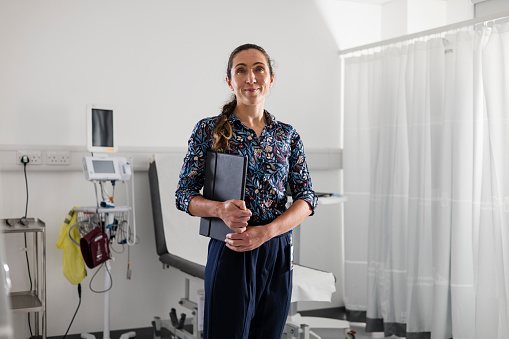Innovations in Primary Care Workflow
silverexch.com, goldenexchange, betbook247.com:The Role of Primary Care in Cancer Screening
As we continue to make strides in the fight against cancer, one crucial aspect that cannot be overlooked is cancer screening. Early detection of cancer can significantly increase the chances of successful treatment and survival. This is where primary care physicians play a vital role in educating patients about the importance of regular screenings and ensuring that they receive the necessary tests.
Why is cancer screening important?
Cancer screening aims to detect cancer at an early stage when it is more treatable. Many types of cancer, such as breast, cervical, colorectal, and prostate cancer, can be detected early through screening tests. When cancer is caught early, treatment options are usually more effective, and the chances of survival are higher.
What role do primary care physicians play in cancer screening?
Primary care physicians are often the first point of contact for patients and play a crucial role in promoting cancer screening. They are responsible for educating patients about the importance of regular screenings, recommending appropriate screening tests based on guidelines, and ensuring that patients follow through with screening appointments.
Primary care physicians also play a key role in identifying patients who may be at higher risk for certain types of cancer due to family history or other risk factors. These patients may require more frequent or specialized screening tests to detect cancer at an early stage.
What are some common cancer screening tests recommended by primary care physicians?
Some of the most common cancer screening tests recommended by primary care physicians include:
1. Mammograms for breast cancer screening in women
2. Pap tests for cervical cancer screening in women
3. Colonoscopy or stool tests for colorectal cancer screening in adults
4. Prostate-specific antigen (PSA) test for prostate cancer screening in men
These tests are recommended based on guidelines established by organizations such as the American Cancer Society and the U.S. Preventive Services Task Force. Primary care physicians use these guidelines to determine the appropriate age to start screening, the frequency of screening, and which tests are most appropriate for each patient.
How can primary care physicians encourage patients to undergo cancer screening?
Primary care physicians can use a variety of strategies to encourage patients to undergo cancer screening. These may include:
1. Providing education about the importance of cancer screening and the benefits of early detection
2. Recommending specific screening tests based on the patient’s age, gender, and risk factors
3. Addressing any concerns or fears that patients may have about undergoing screening tests
4. Scheduling follow-up appointments and reminders for screening tests
5. Referring patients to specialists for further evaluation if necessary
By taking a proactive approach to promoting cancer screening, primary care physicians can help improve early detection rates and ultimately save lives.
In conclusion, primary care physicians play a critical role in cancer screening by educating patients about the importance of regular screenings, recommending appropriate tests, and ensuring that patients follow through with screening appointments. By working together with patients to prioritize their health and well-being, primary care physicians can help detect cancer at an early stage when it is most treatable.
FAQs
Q: At what age should I start cancer screening?
A: The age to start cancer screening varies depending on the type of cancer and individual risk factors. It is important to consult with your primary care physician to determine the appropriate age to start screening.
Q: How often should I undergo cancer screening?
A: The frequency of cancer screening tests varies depending on the type of cancer and individual risk factors. Your primary care physician can provide guidance on how often you should undergo screening tests.
Q: Are cancer screening tests covered by insurance?
A: Many cancer screening tests are covered by insurance, especially for individuals who meet certain age and risk factor criteria. It is important to check with your insurance provider to determine coverage for specific screening tests.
Q: What should I do if a cancer screening test shows abnormal results?
A: If a cancer screening test shows abnormal results, your primary care physician will work with you to determine the next steps, which may include further testing or referral to a specialist for evaluation and possible treatment.







